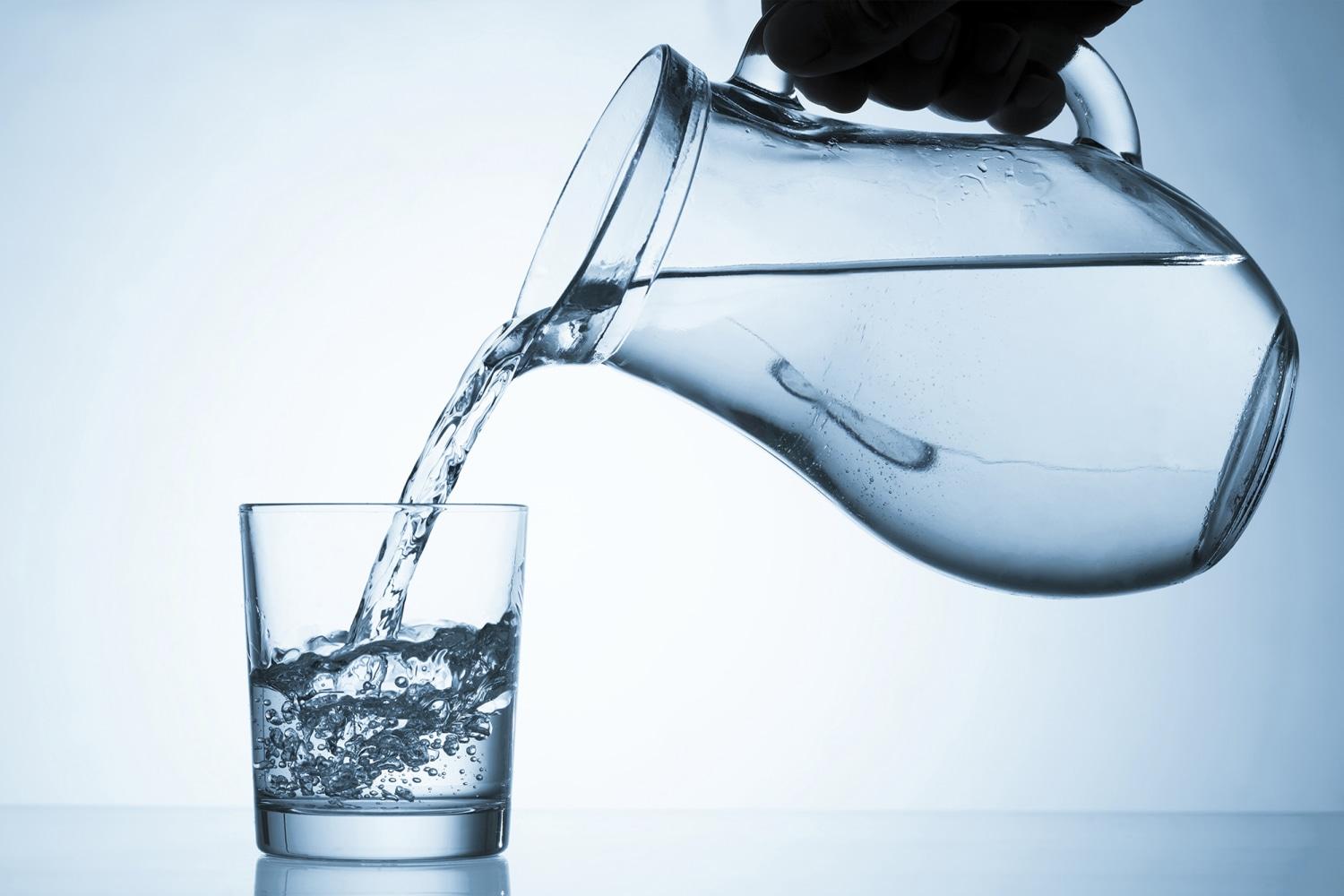Table of Contents
- Understanding Diarrhea and Its Dietary Implications
- Essential Foods to Soothe an Upset Stomach
- What to Avoid When Experiencing Diarrhea
- Hydration: The Key to Recovery
- Proven Remedies and Nutritional Support for Quick Relief
- Q&A
- To Conclude


Understanding Diarrhea and Its Dietary Implications
Diarrhea is more than just an uncomfortable gastrointestinal experience; it can also signal underlying health issues and significantly impact your nutritional needs. During this state, the body loses essential fluids and nutrients, making it crucial to choose foods that support recovery while preventing further complications. Individuals experiencing diarrhea should focus on a diet that is gentle on the stomach, promotes hydration, and replenishes lost electrolytes.
When dealing with diarrhea, it’s advisable to adhere to the BRAT diet—comprising Bananas, Rice, Applesauce, and Toast. These foods are bland, low in fiber, and easy to digest, which can help firm up stools and reduce bowel irritation. Additionally, including other easily digestible foods can aid in recovery:
- Boiled potatoes - Rich in potassium, which helps restore lost electrolytes
- Plain crackers - Offer simple carbohydrates that are easy on the digestive tract
- Oatmeal – Provides soluble fiber that can absorb excess water in the intestines
- Chicken broth - Helps maintain hydration while providing necessary nutrients
It’s equally important to stay hydrated. Consuming fluids such as water, clear broths, and electrolyte solutions can prevent dehydration. Avoiding sugary drinks, caffeine, and alcohol is also crucial, as these can exacerbate symptoms. For a more structured approach, here’s a simple hydrating solution to consider:
| Hydration Options | Benefits |
|---|---|
| Water | Essential for hydration without added calories |
| Electrolyte drinks | Replenishes lost minerals like sodium and potassium |
| Herbal teas | Soothing and caffeine-free options |
| Diluted juices | Provides some vitamins without overloading on sugar |


Essential Foods to Soothe an Upset Stomach
When you’re grappling with an upset stomach, what you consume can make a significant difference in how you feel. Certain foods are particularly effective at calming the digestive tract and restoring balance. For instance, bananas are not only gentle on the stomach; their high potassium content helps replenish lost electrolytes, making them an ideal choice for those dealing with diarrhea. Similarly, rice, especially when cooked until soft, acts as a binding agent that can help firm up stools.
Toast, particularly plain white bread, is another go-to option. Its blandness allows your stomach to digest it easily without causing irritation. Incorporating apple sauce into your diet can also be beneficial; it’s easy on the stomach while providing necessary pectin, which can help bulk up stools. Lastly, consider chicken broth for hydration and nutrition, as the liquid can help counteract any dehydration caused by diarrhea.
| Food Item | Benefits |
|---|---|
| Bananas | Replenishes potassium and aids digestion. |
| Rice | Binds stools to alleviate diarrhea. |
| Toast | Easily digestible and soothing on the stomach. |
| Apple Sauce | Contains pectin to help bulk stools. |
| Chicken Broth | Hydrating and nutritious, helps with recovery. |


What to Avoid When Experiencing Diarrhea
When facing the discomfort of diarrhea, it’s essential to be mindful of what you consume. Certain foods can exacerbate symptoms or prolong your recovery time. Fatty and fried foods are among the primary culprits to steer clear of. These can put additional strain on your digestive system, making it harder for your body to function optimally. Additionally, spicy foods can irritate the intestinal lining, leading to more severe cramping and discomfort.
Another group to avoid includes dairy products. Even if you’re usually tolerant, diarrhea can temporarily reduce your ability to digest lactose, the sugar found in milk and cheese. This can lead to further discomfort and prolonged symptoms. Similarly, caffeinated beverages, such as coffee and soda, can stimulate the intestines and may increase fluid loss, worsening your condition. It’s wise to steer clear of these drinks until you are fully recovered.
| Foods to Avoid | Reasons |
|---|---|
| Fatty Foods | Strain on the digestive system |
| Spicy Foods | Can irritate the intestines |
| Dairy Products | May worsen lactose intolerance |
| Caffeinated Beverages | Stimulates the intestines |


Hydration: The Key to Recovery
When dealing with diarrhea, proper hydration becomes essential for recovery. The body loses a significant amount of fluids and electrolytes during episodes of diarrhea, which can lead to dehydration. To combat this, it’s crucial to replenish what is lost. Opt for clear fluids, as they are easier to digest and won’t upset the stomach further. Some effective hydration options include:
- Water: The most fundamental choice for rehydration.
- Electrolyte solutions: Drinks designed specifically to replace lost minerals.
- Herbal teas: Gentle on the stomach and can offer a soothing effect.
- Clear broths: Provide hydration along with some nutritional benefits.
Incorporating foods with high water content can also aid in hydration. Fruits and vegetables are not only refreshing but can significantly contribute to fluid intake. Consider including options like:
| Food | Water Content |
|---|---|
| Watermelon | 92% |
| Cucumber | 95% |
| Strawberries | 91% |
| Spinach | 91% |
It’s also important to avoid certain beverages that can irritate the digestive system. Steer clear of:
- Caffeinated drinks: They can exacerbate dehydration.
- Alcohol: It can lead to further fluid loss and make recovery issues.
- Sugary sodas: The high sugar content can worsen diarrhea symptoms.
By prioritizing hydration and choosing the right fluids and foods, you can accelerate your recovery process and restore balance to your body.


Proven Remedies and Nutritional Support for Quick Relief
When dealing with diarrhea, it’s essential to focus on remedies and nutritional support that can help restore balance. Stay hydrated by consuming clear fluids like water, broth, and herbal teas. Electrolyte solutions, such as homemade oral rehydration solutions, can also be beneficial. Incorporating specific foods can aid in quick relief, particularly those rich in soluble fiber, which aids in firming up stools. Consider adding the following to your diet:
- Bananas: They are rich in potassium, which helps replenish lost electrolytes.
- Rice: Plain white rice is binding and can help absorb excess water in the intestines.
- Applesauce: Contains pectin, which can help regulate bowel movements.
- Toast: Plain toast offers a bland option that is easy to digest.
In addition to these dietary choices, integrating probiotics can support gut health and promote recovery. Foods rich in probiotics, such as yogurt or kefir, can help restore the natural flora in your digestive system. You might also consider the following options:
| Probiotic Foods | Benefits |
|---|---|
| Yogurt | Contains live bacteria that restore gut health. |
| Kefir | Provides a wider variety of probiotics. |
| Kimchi | Fermented vegetables that are rich in probiotics. |
| Miso | Fermented soybean paste that supports digestion. |
Q&A
Q&A: Food for Diarrhea
Q1: What foods should I eat when I have diarrhea?A1: When experiencing diarrhea, it’s essential to choose foods that are gentle on your digestive system. The BRAT diet—bananas, rice, applesauce, and toast—is often recommended as these foods are bland, low in fiber, and can help firm up stools. Additionally, consider incorporating boiled potatoes, plain crackers, or cooked carrots to your meals. Always ensure to stay hydrated by drinking clear broths, electrolyte solutions, or water.Q2: Are there any foods I should avoid during diarrhea?A2: Yes, certain foods can exacerbate diarrhea symptoms. It’s best to steer clear of dairy products (especially if lactose intolerant), fried or fatty foods, spicy dishes, and artificial sweeteners like sorbitol. Caffeinated beverages and alcohol can also irritate the intestines and should be avoided.
Q3: How does the BRAT diet help with diarrhea?A3: The BRAT diet comprises foods that are not only easy to digest but also provide important nutrients your body may be missing due to diarrhea. For example, bananas are rich in potassium, which can help replenish electrolytes lost during bouts of diarrhea. Rice and toast provide carbs to give energy without burdening the digestive system.
Q4: How long should I follow a special diet for diarrhea?A4: Generally, it’s advisable to follow a bland diet for the first 24-48 hours after symptoms appear. As your condition improves, you can gradually introduce other soft foods like boiled chicken, baked fish, or steamed vegetables. However, if diarrhea persists for more than two days, it is important to consult a healthcare professional.
Q5: Are there any natural remedies that can help manage diarrhea?A5: Yes, several natural remedies may alleviate diarrhea symptoms. Ginger tea has soothing properties, and chamomile tea can help calm the digestive tract. Probiotics, found in yogurt or supplements, can also be beneficial by restoring the balance of good bacteria in your gut. However, be mindful of dairy if you’re lactose intolerant.
Q6: Can hydration play a role in recovery?A6: Absolutely! Staying hydrated is crucial when dealing with diarrhea, as you can lose significant amounts of fluids. Drinking water alone may not suffice; consider oral rehydration solutions or electrolyte drinks that replenish lost fluids and essential salts. Aim to sip frequently throughout the day.
Q7: Is it safe to eat fiber-rich foods when I have diarrhea?A7: Initially, it’s best to avoid high-fiber foods such as whole grains, nuts, and raw fruits and vegetables, as they can worsen symptoms. Once your diarrhea subsides, gradually reintroducing fiber can help stabilize your digestive system. Always opt for soluble fiber sources like oatmeal or bananas, which are generally easier to digest.—Q8: When should I seek medical advice for diarrhea?A8: Seek medical attention if diarrhea lasts longer than two days, is accompanied by severe abdominal pain, a high fever, blood in your stool, or signs of dehydration (such as excessive thirst, dry mouth, or dizziness). It’s always better to err on the side of caution when it comes to your health!




0 Comments